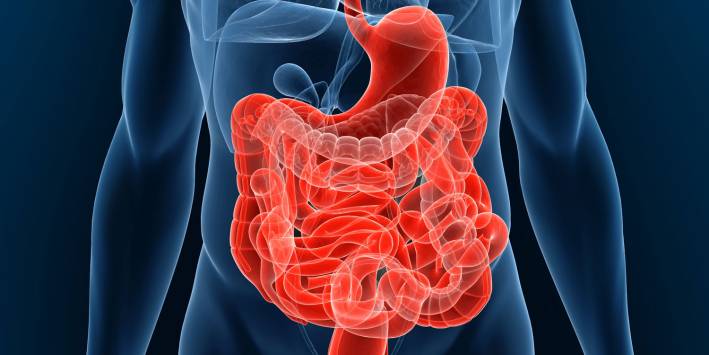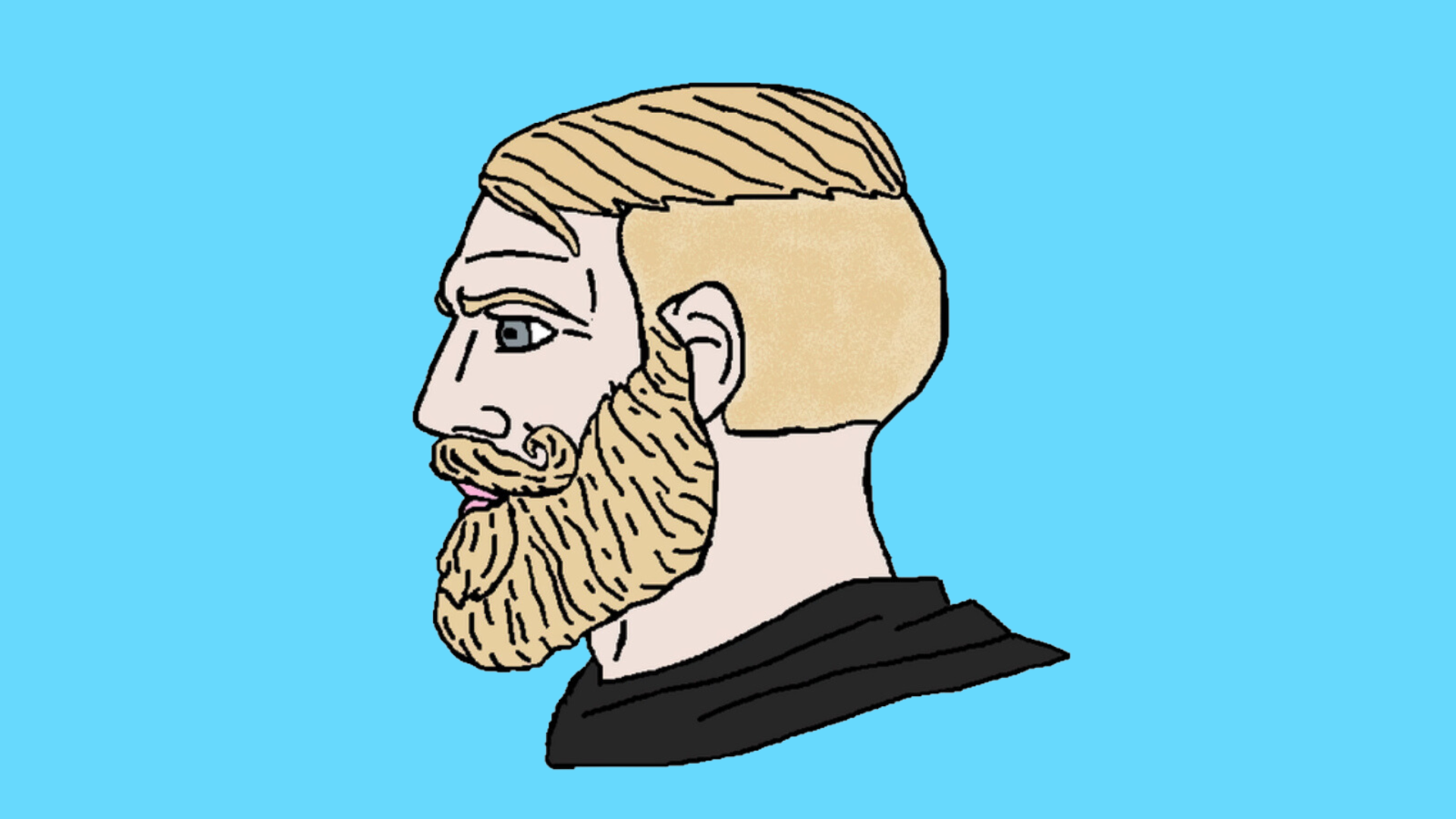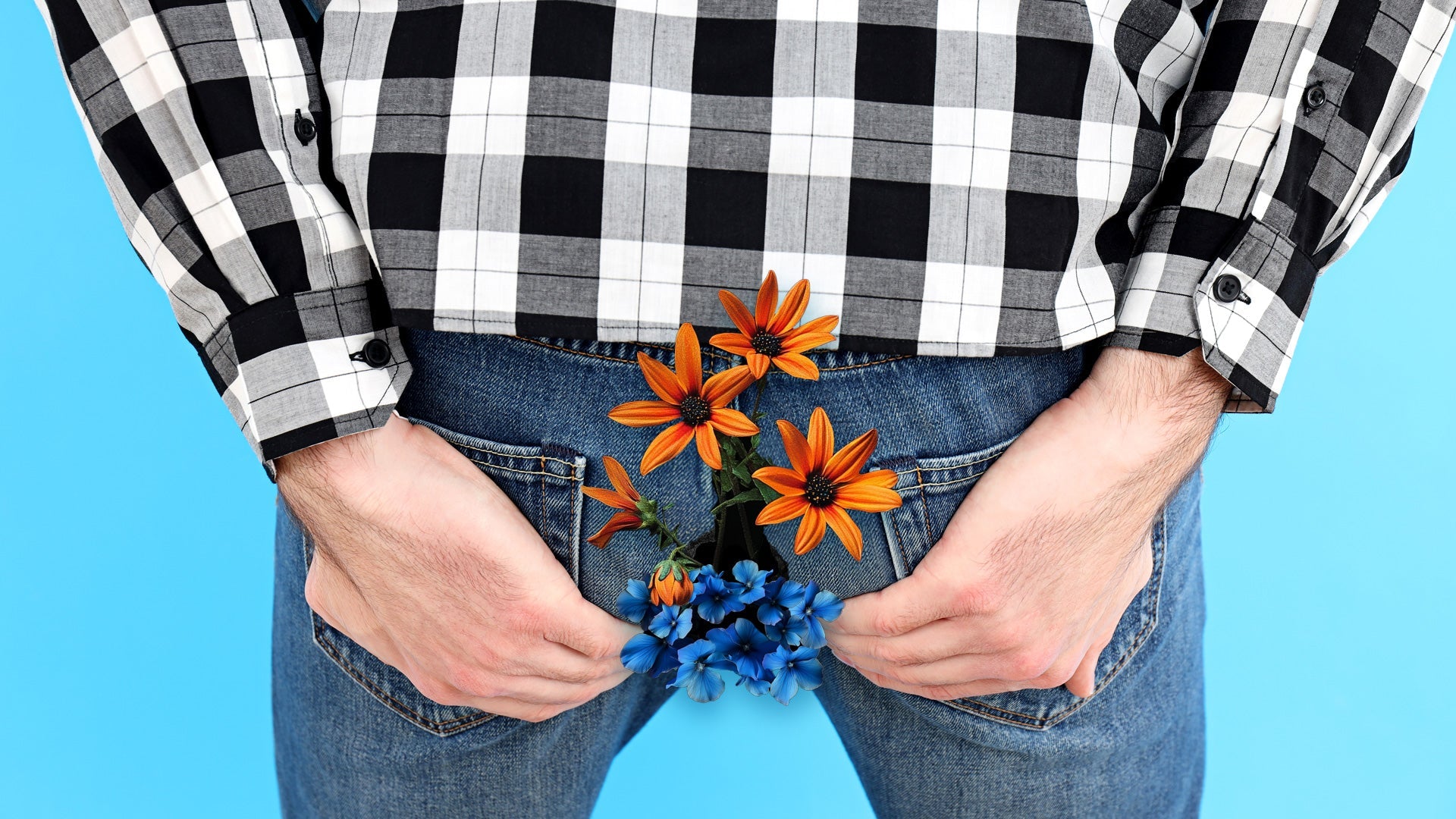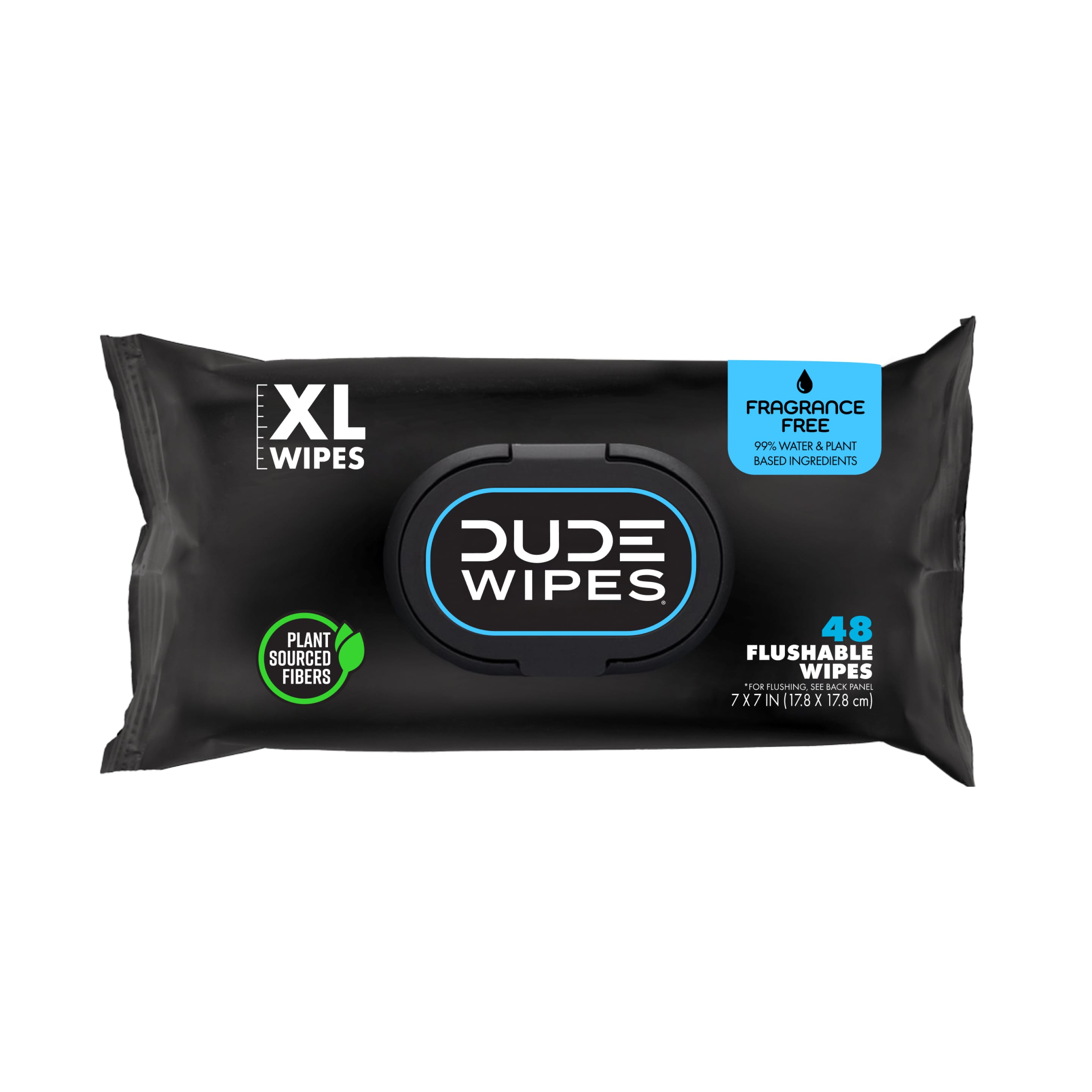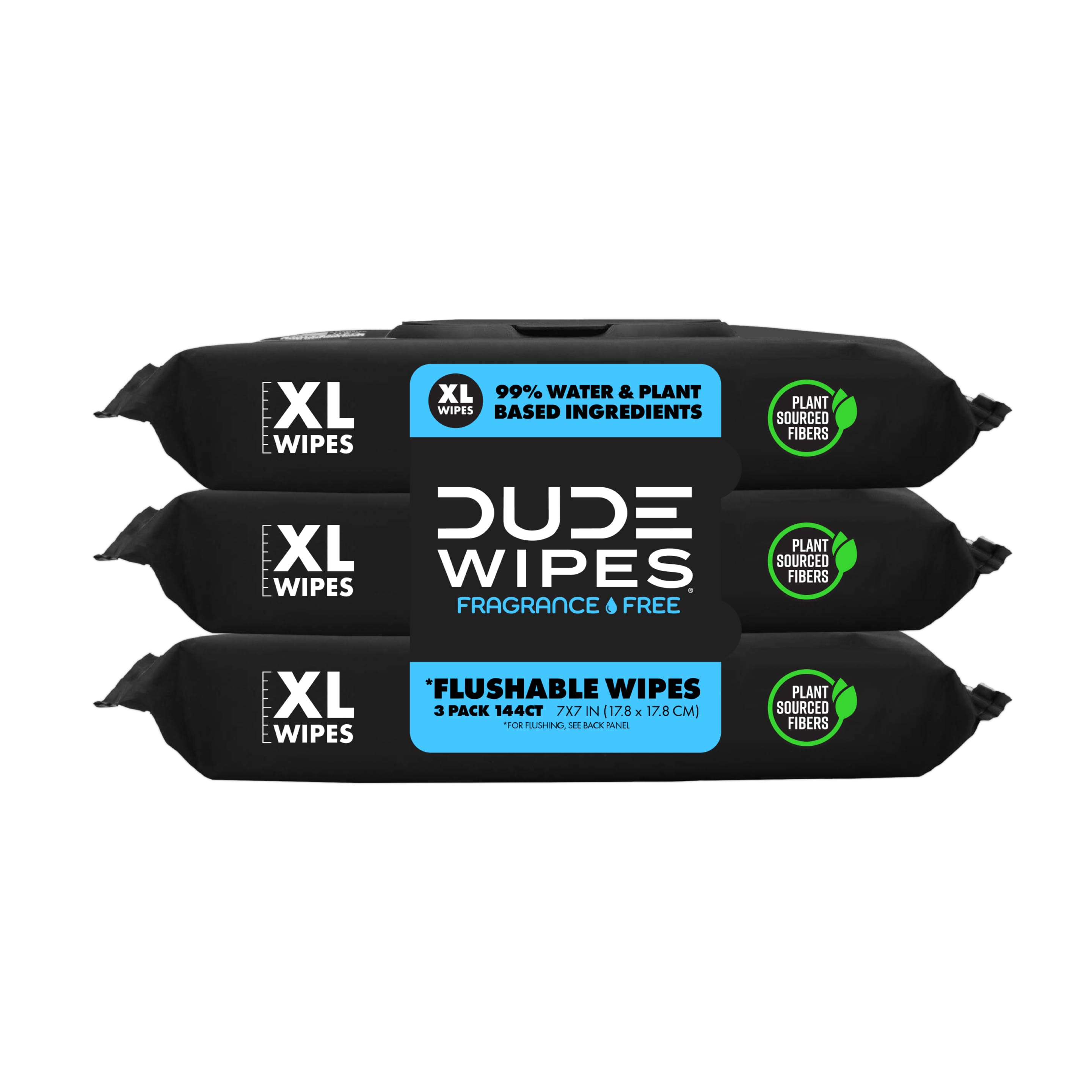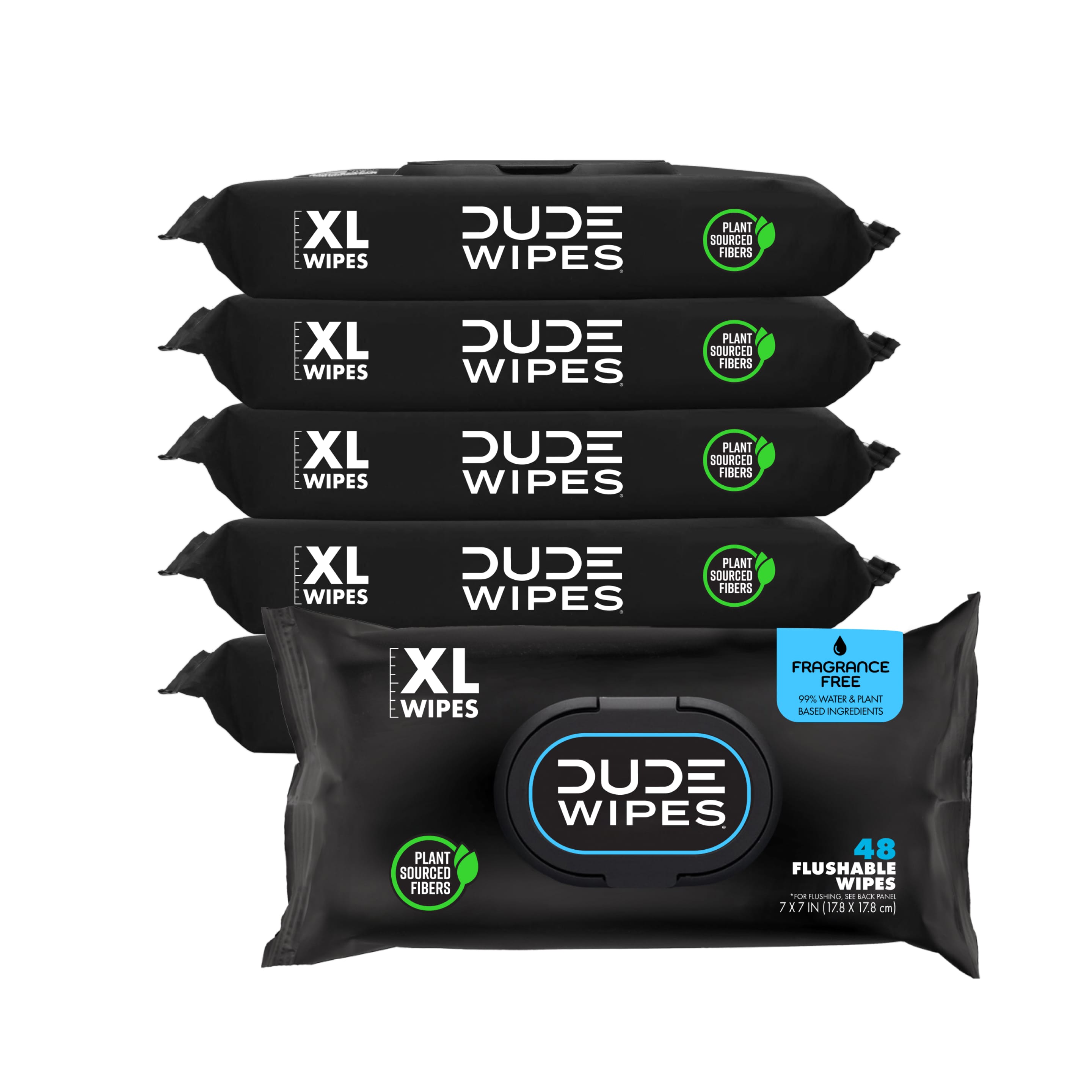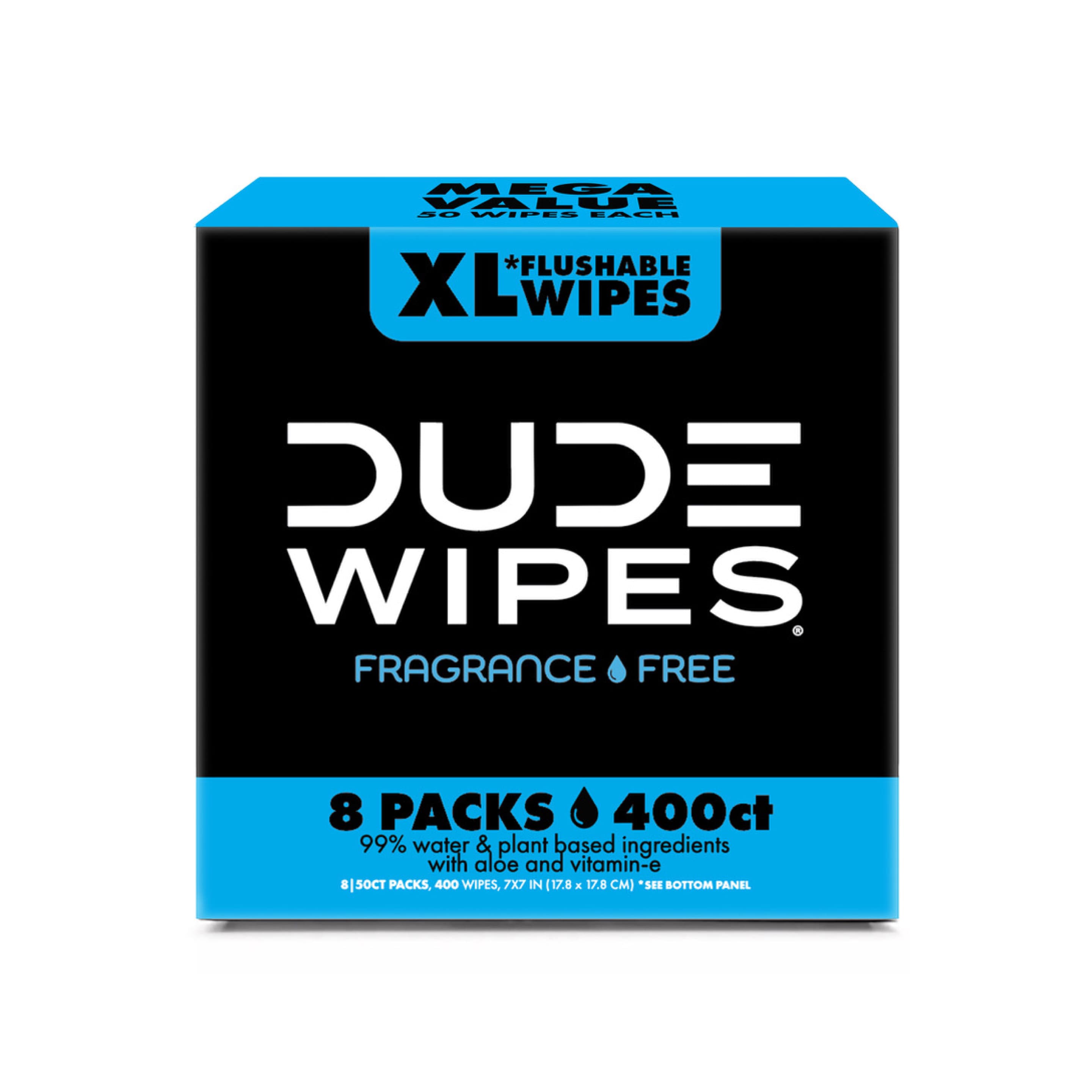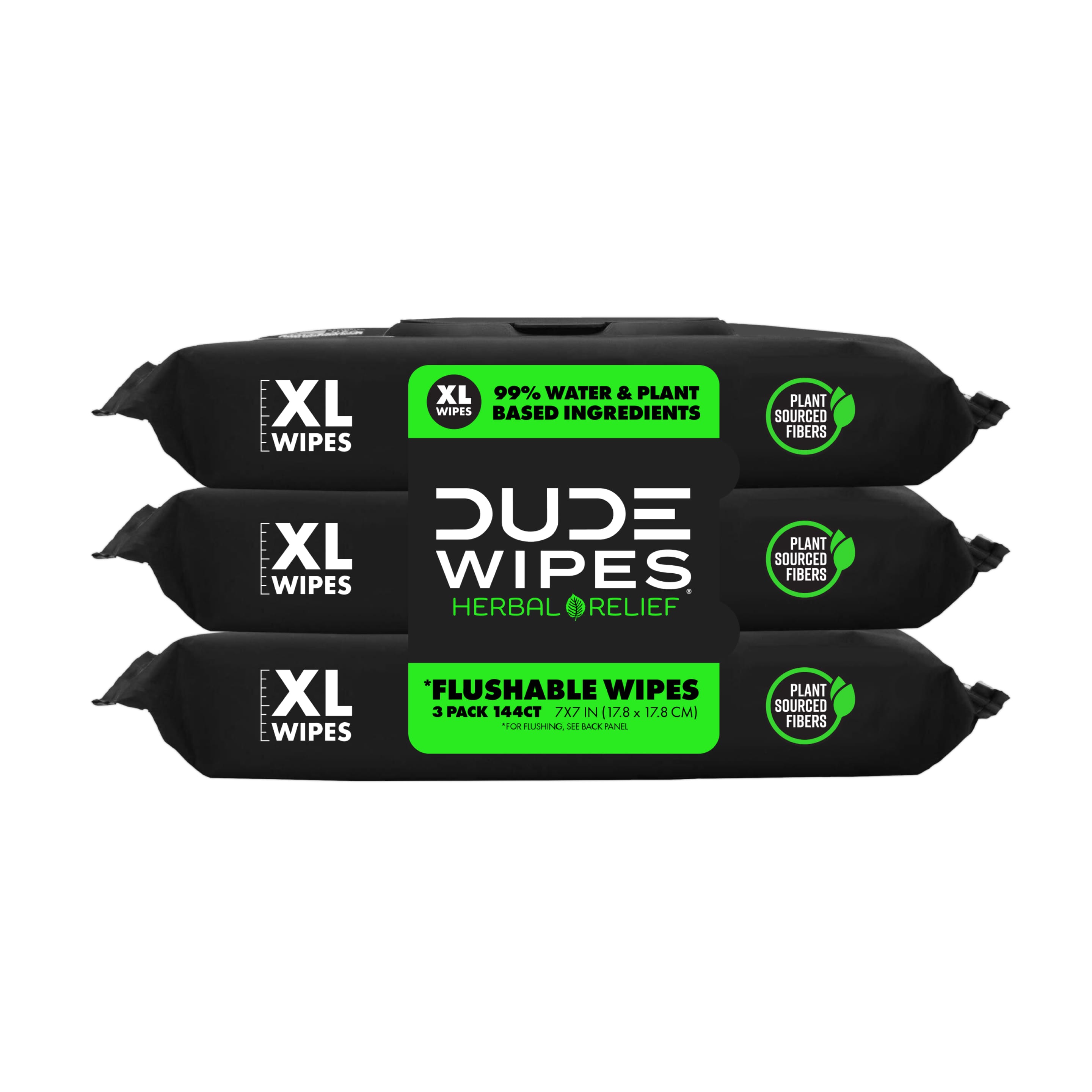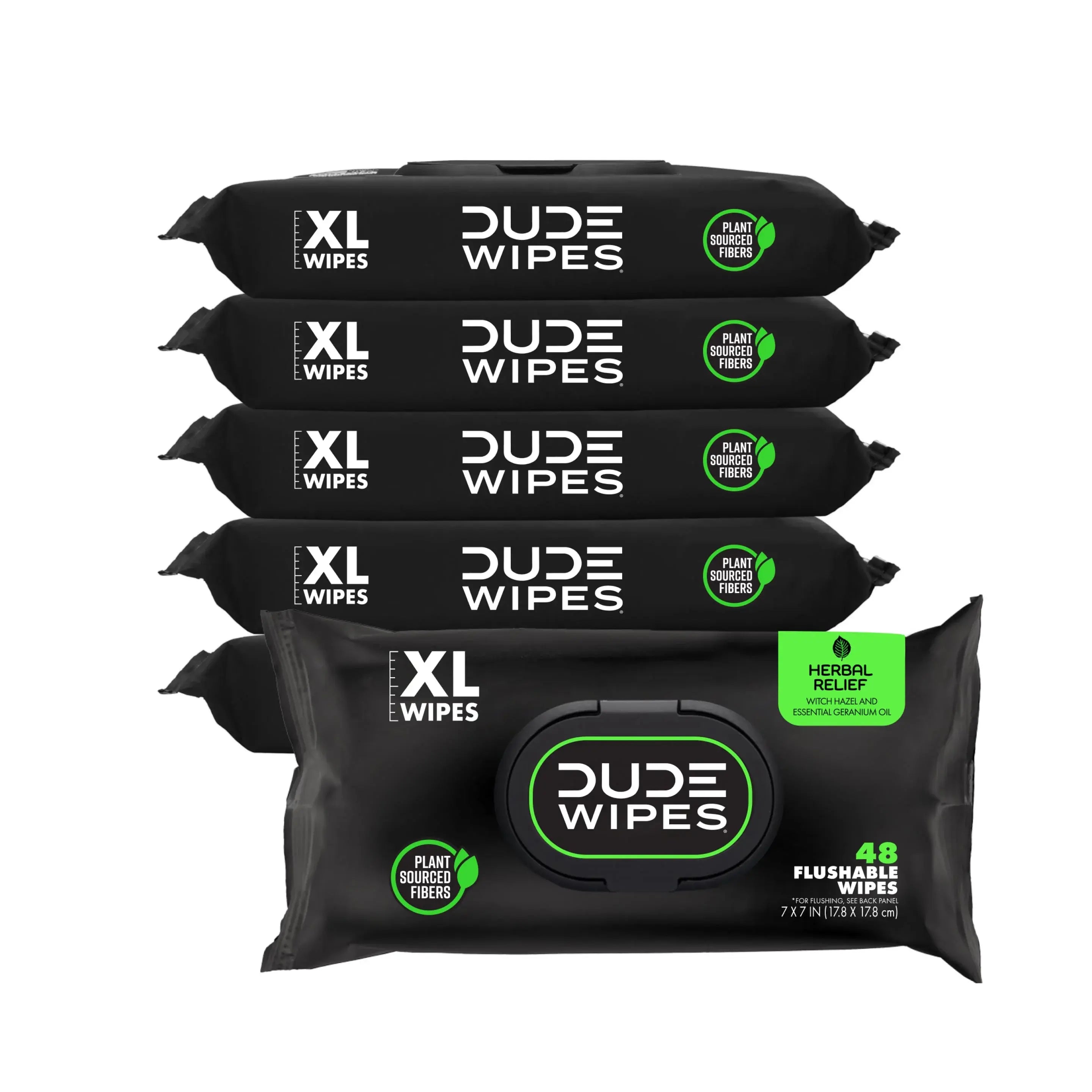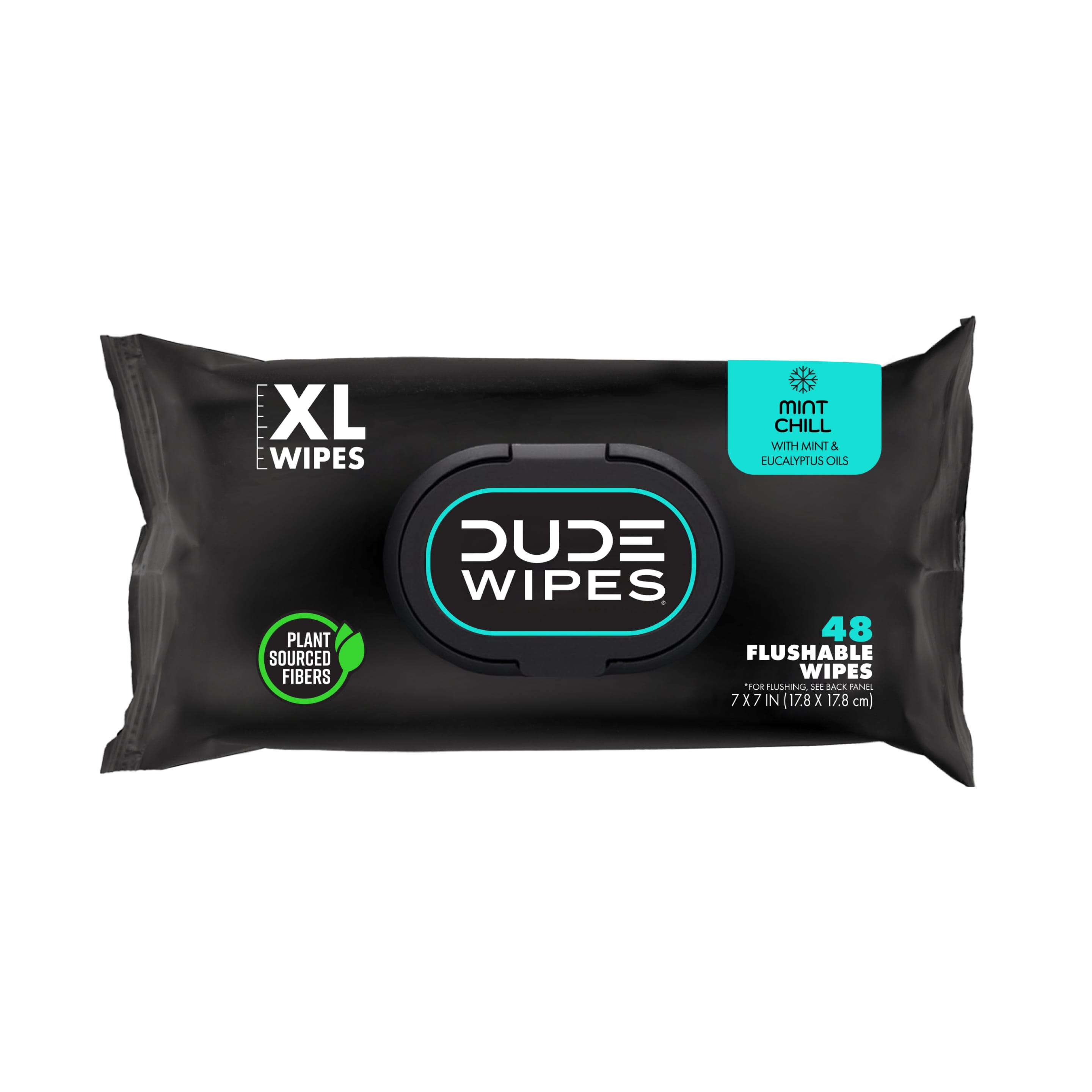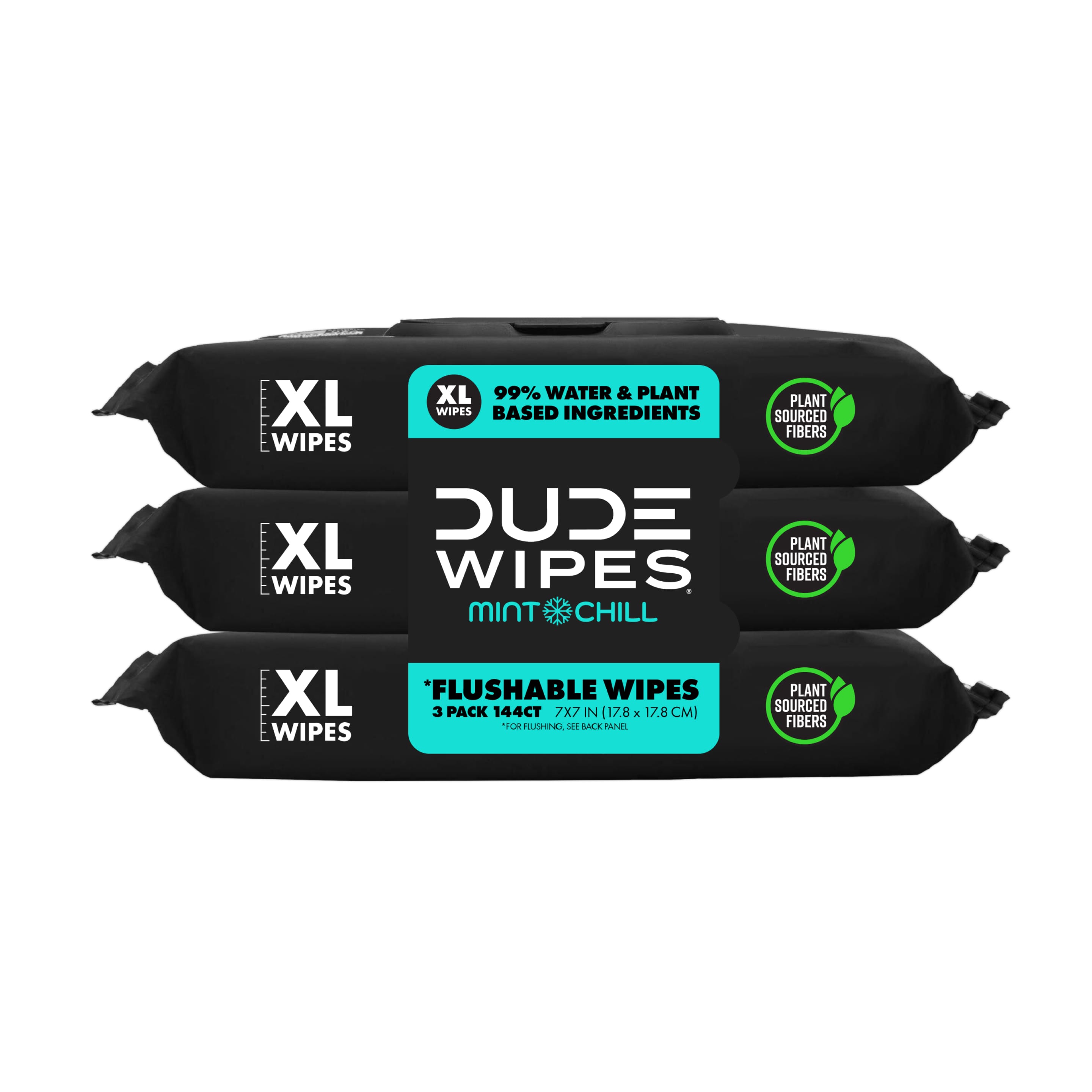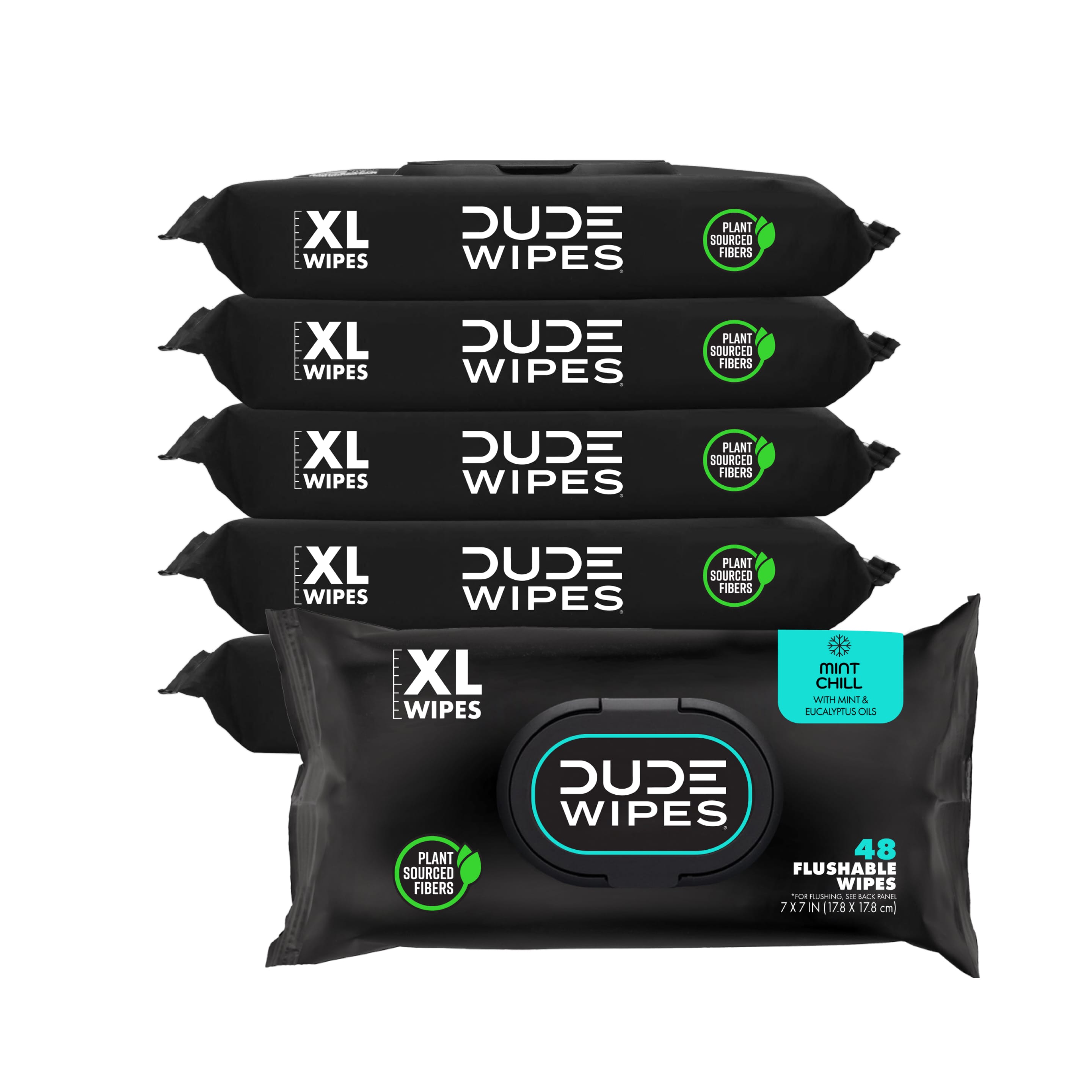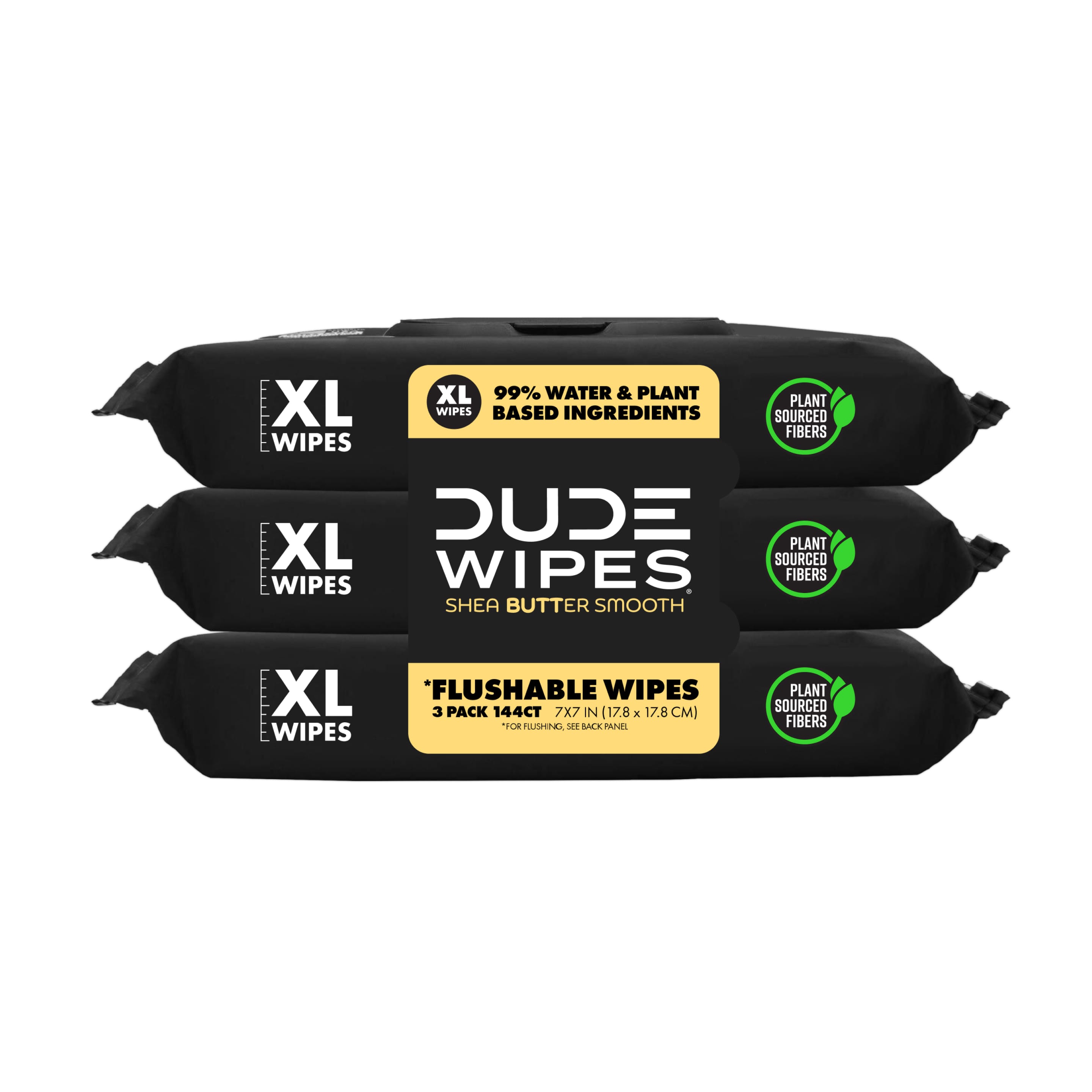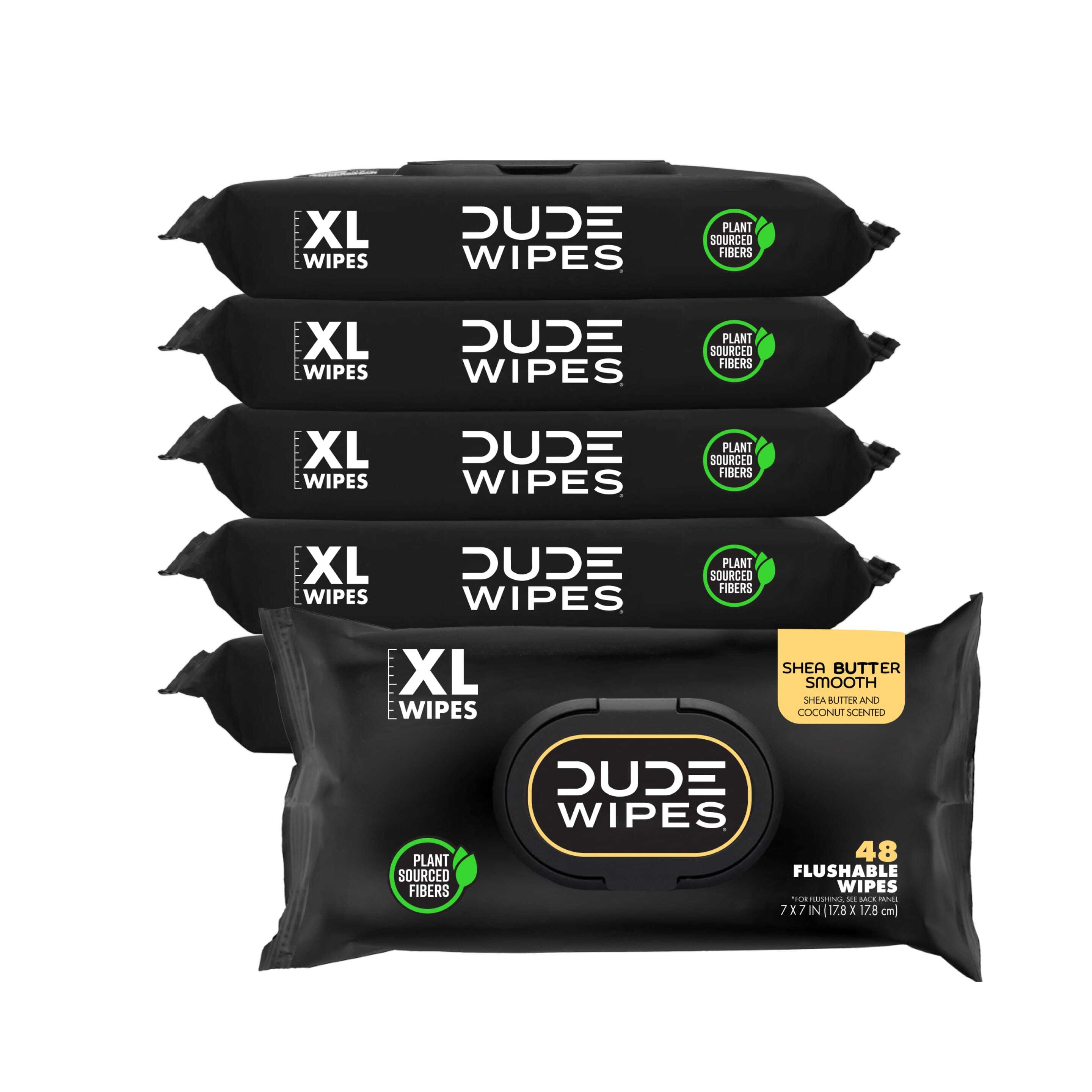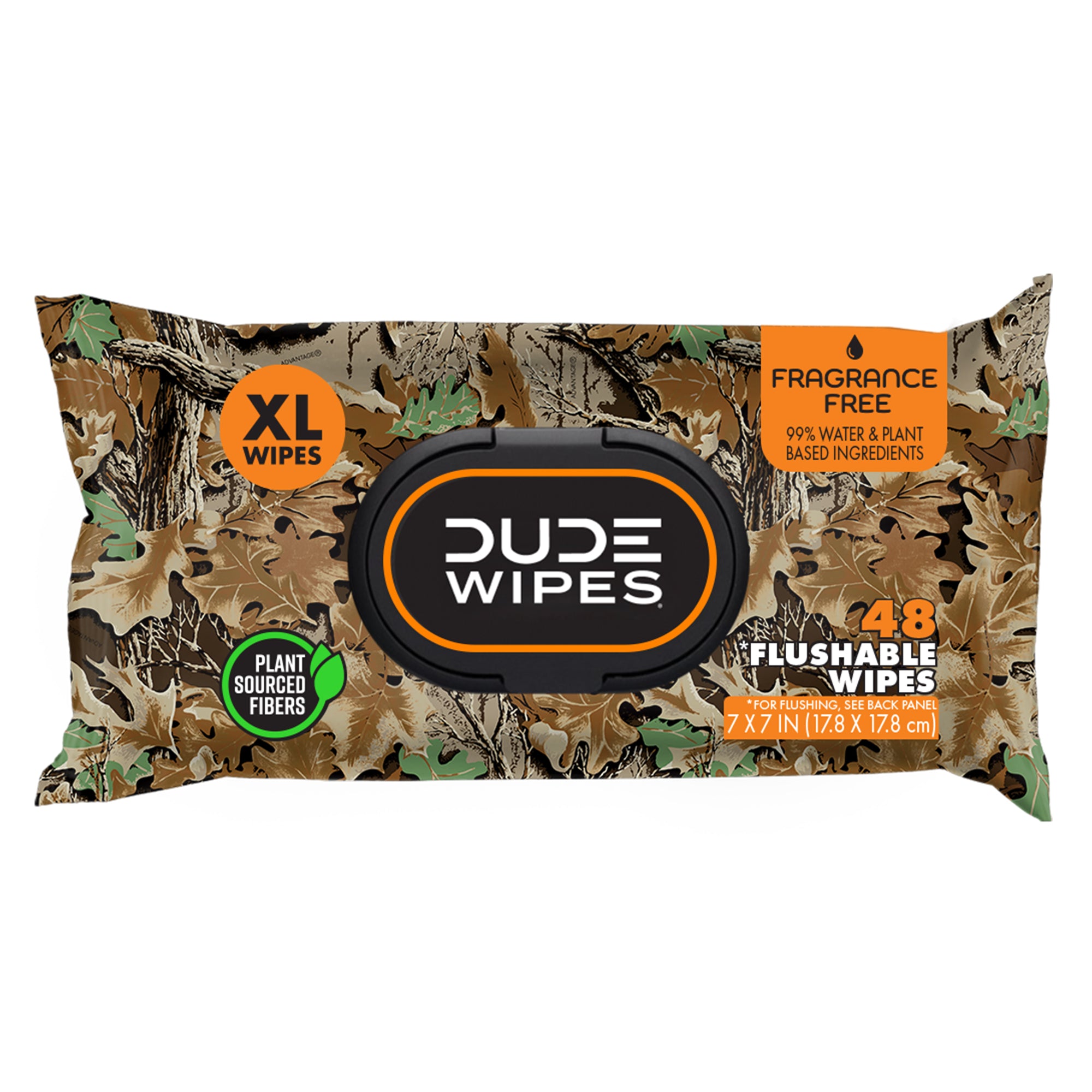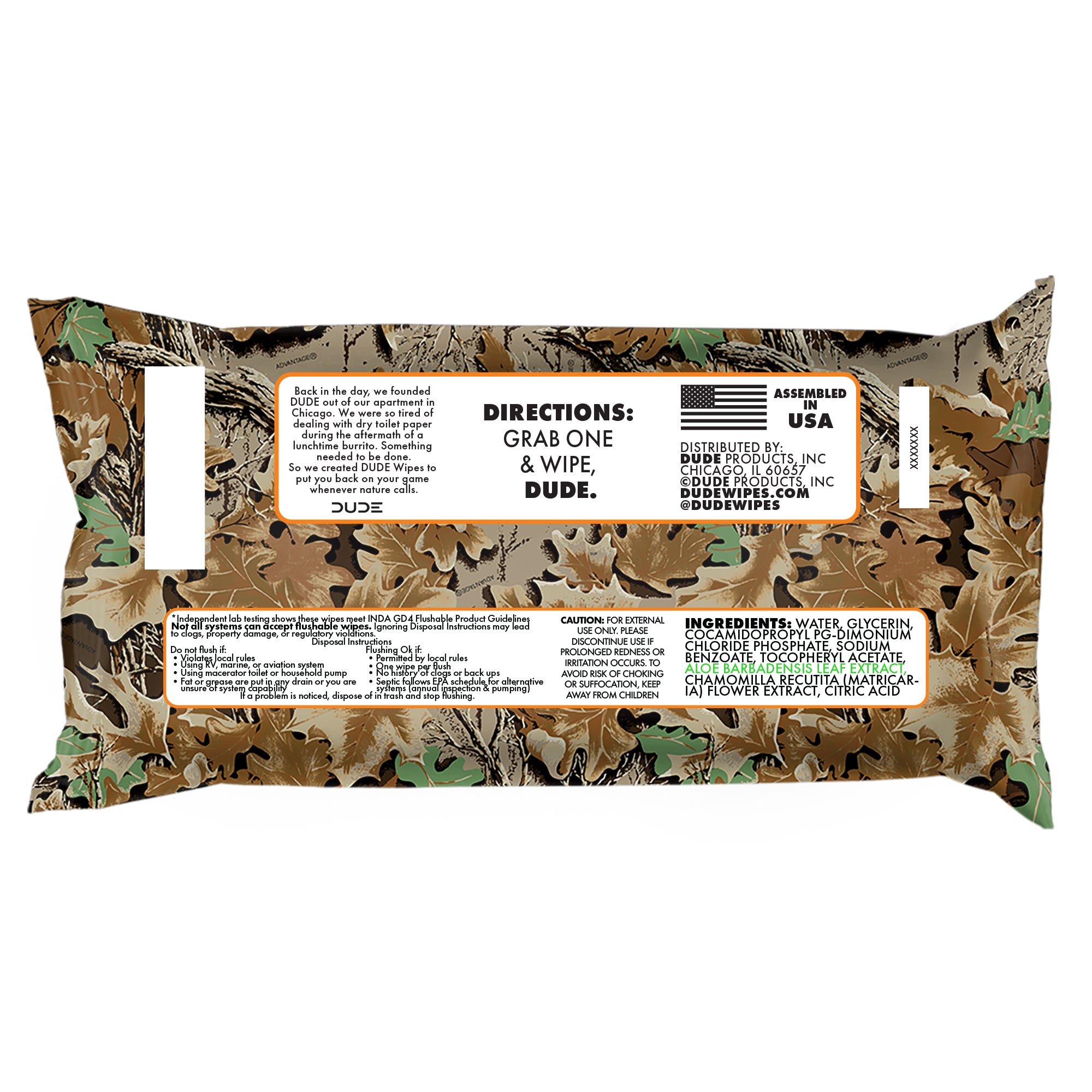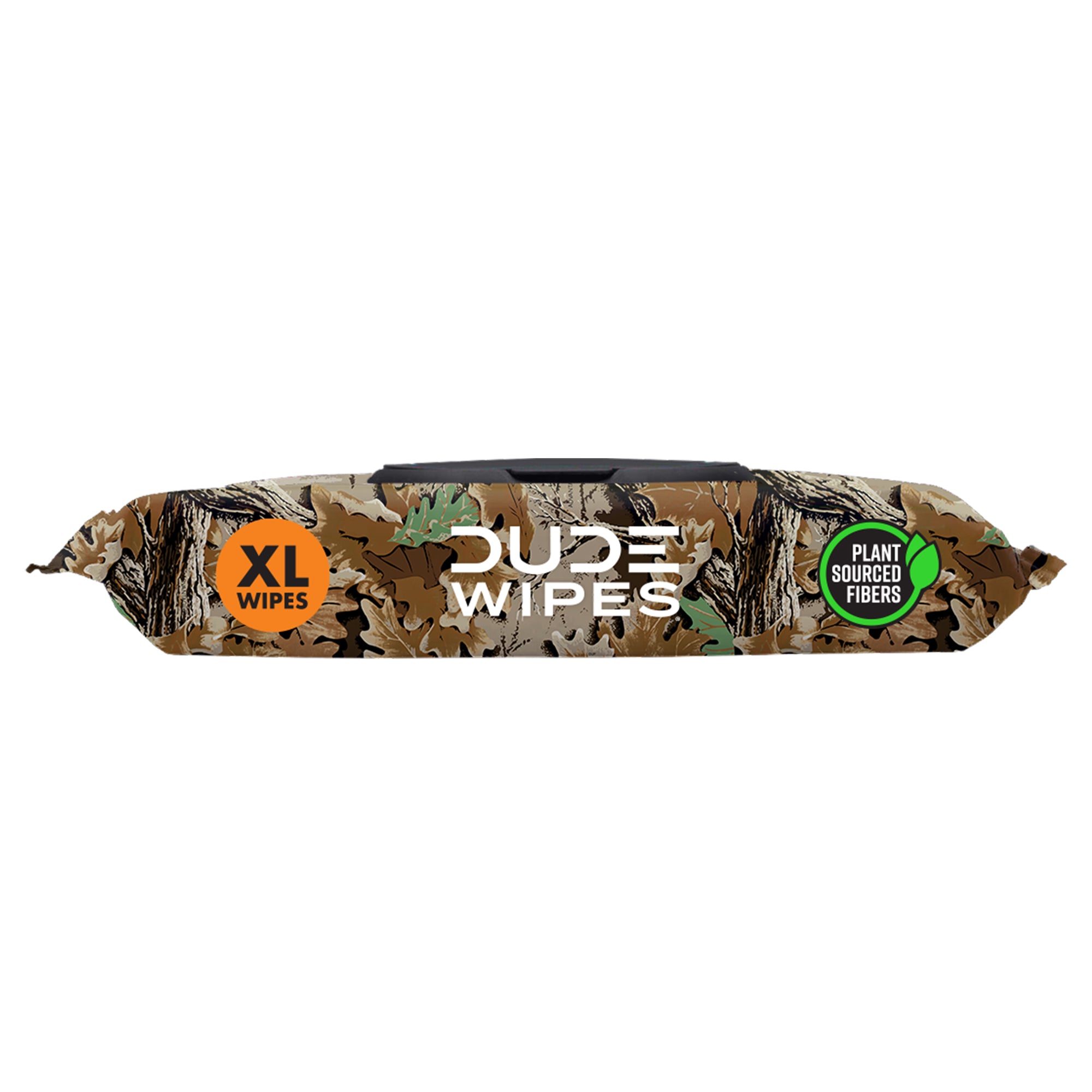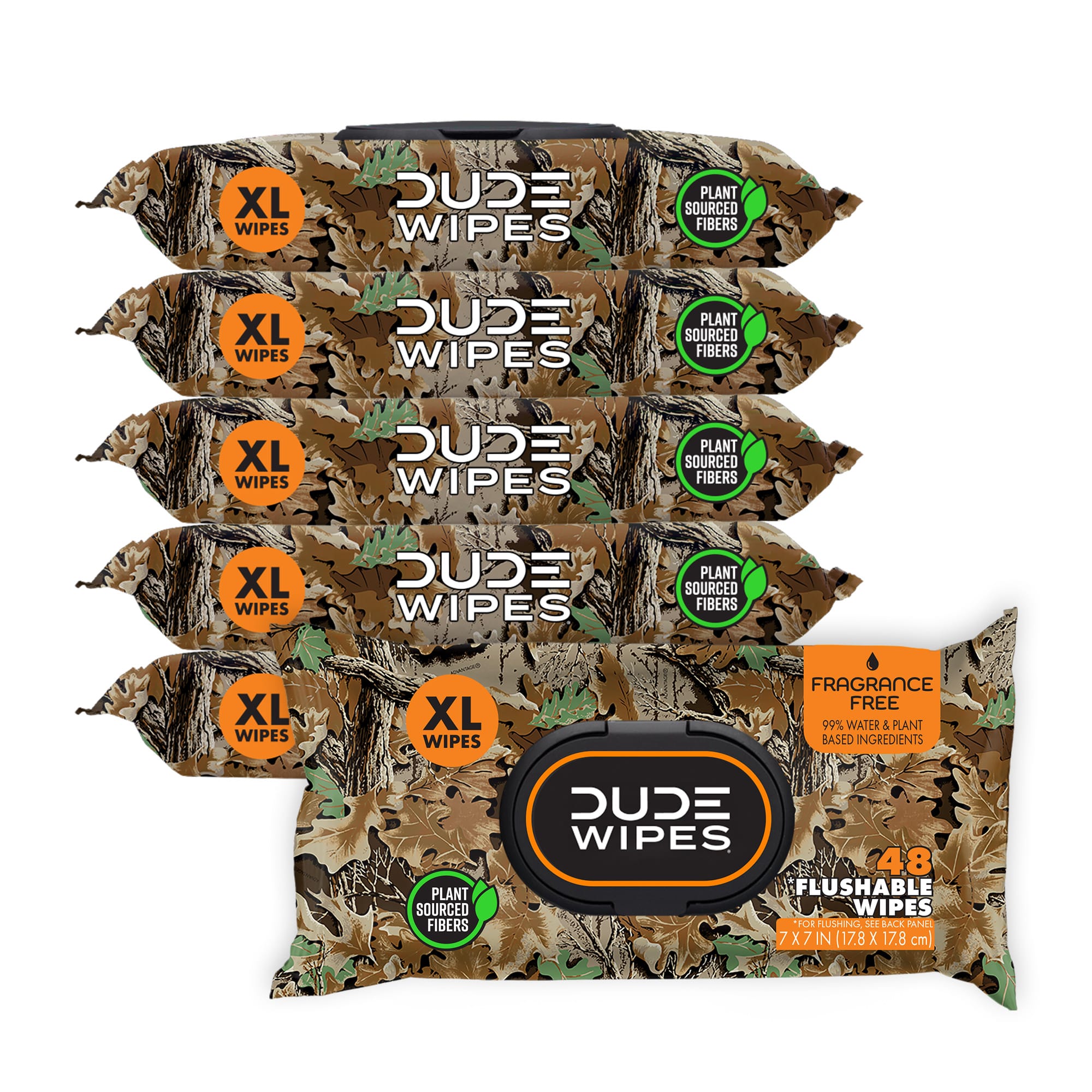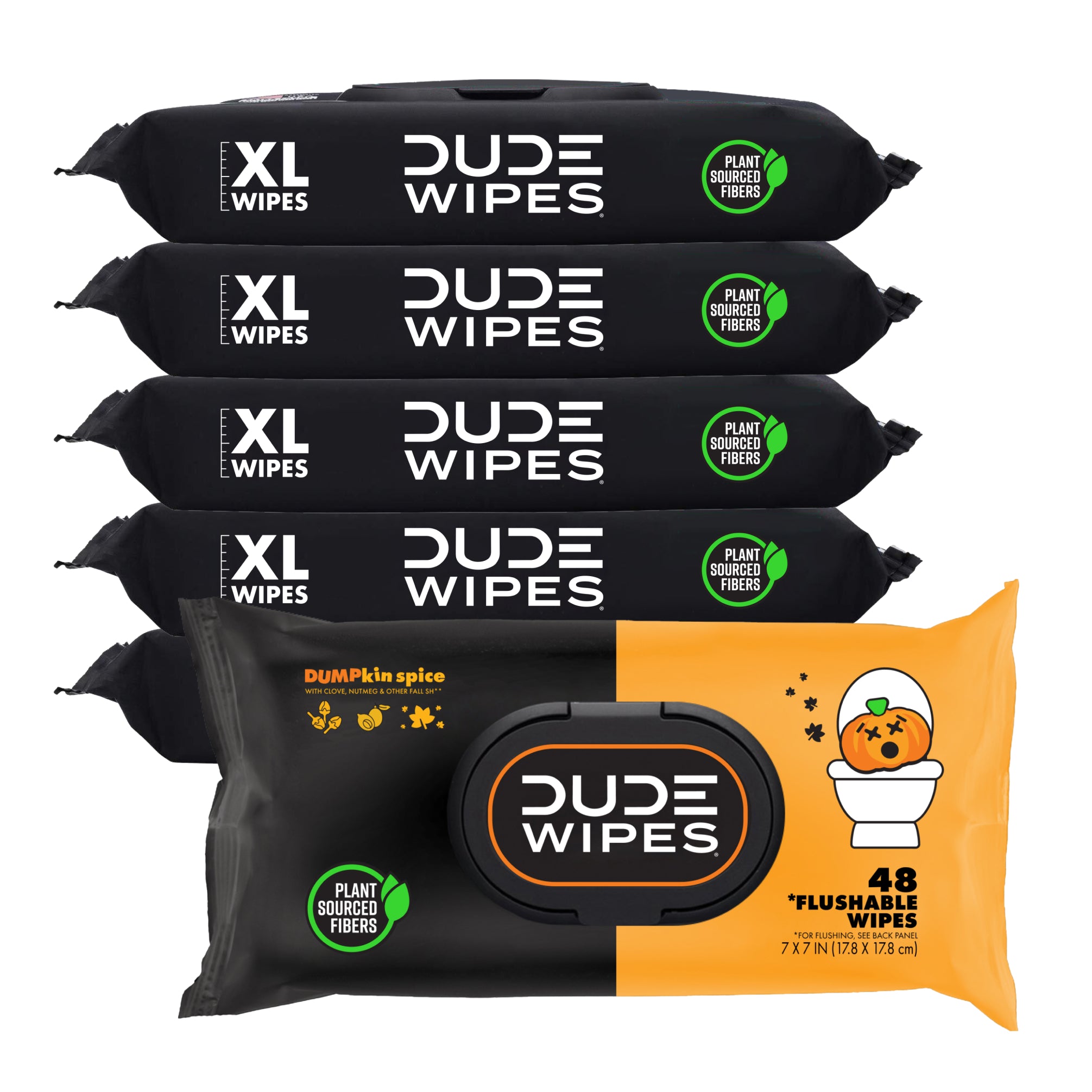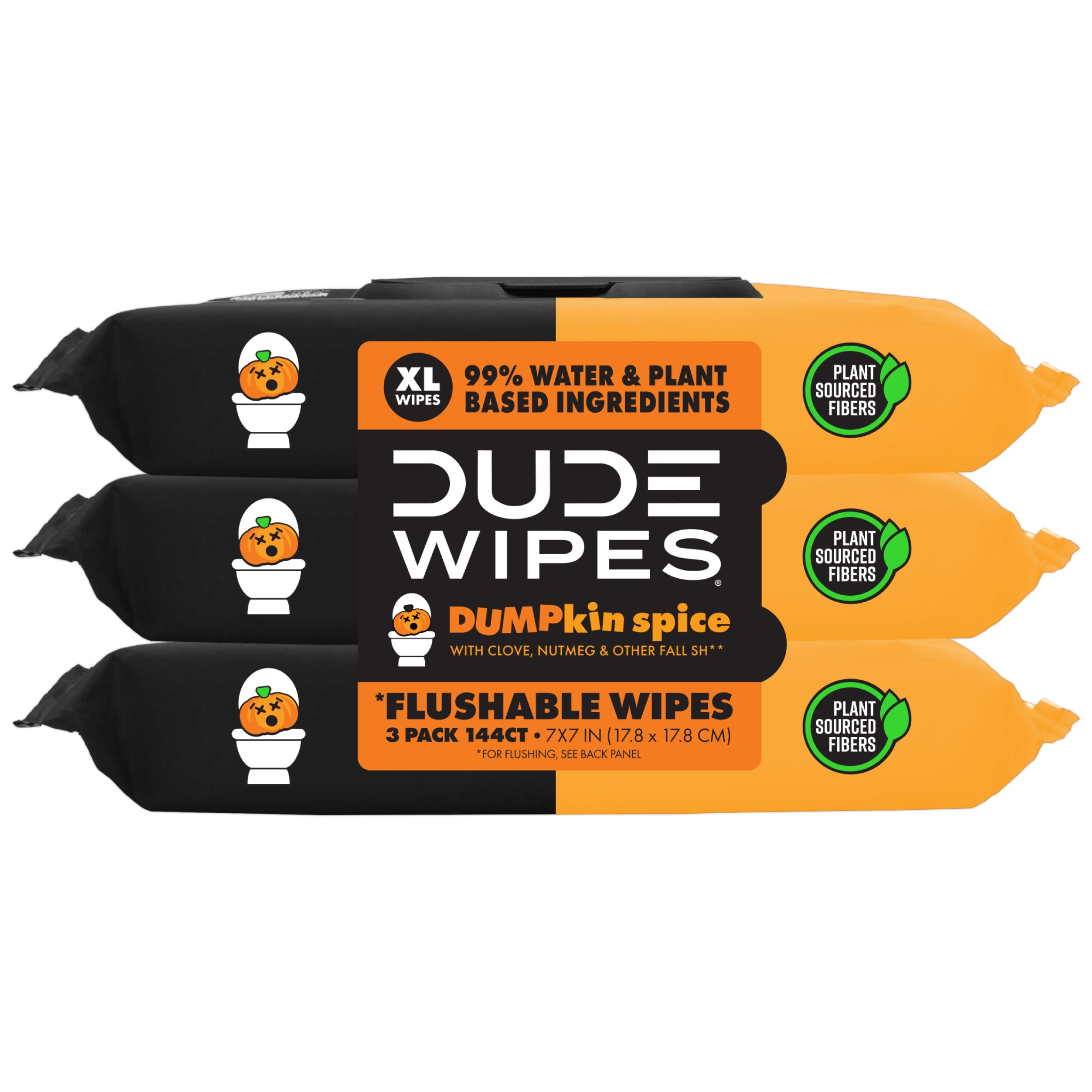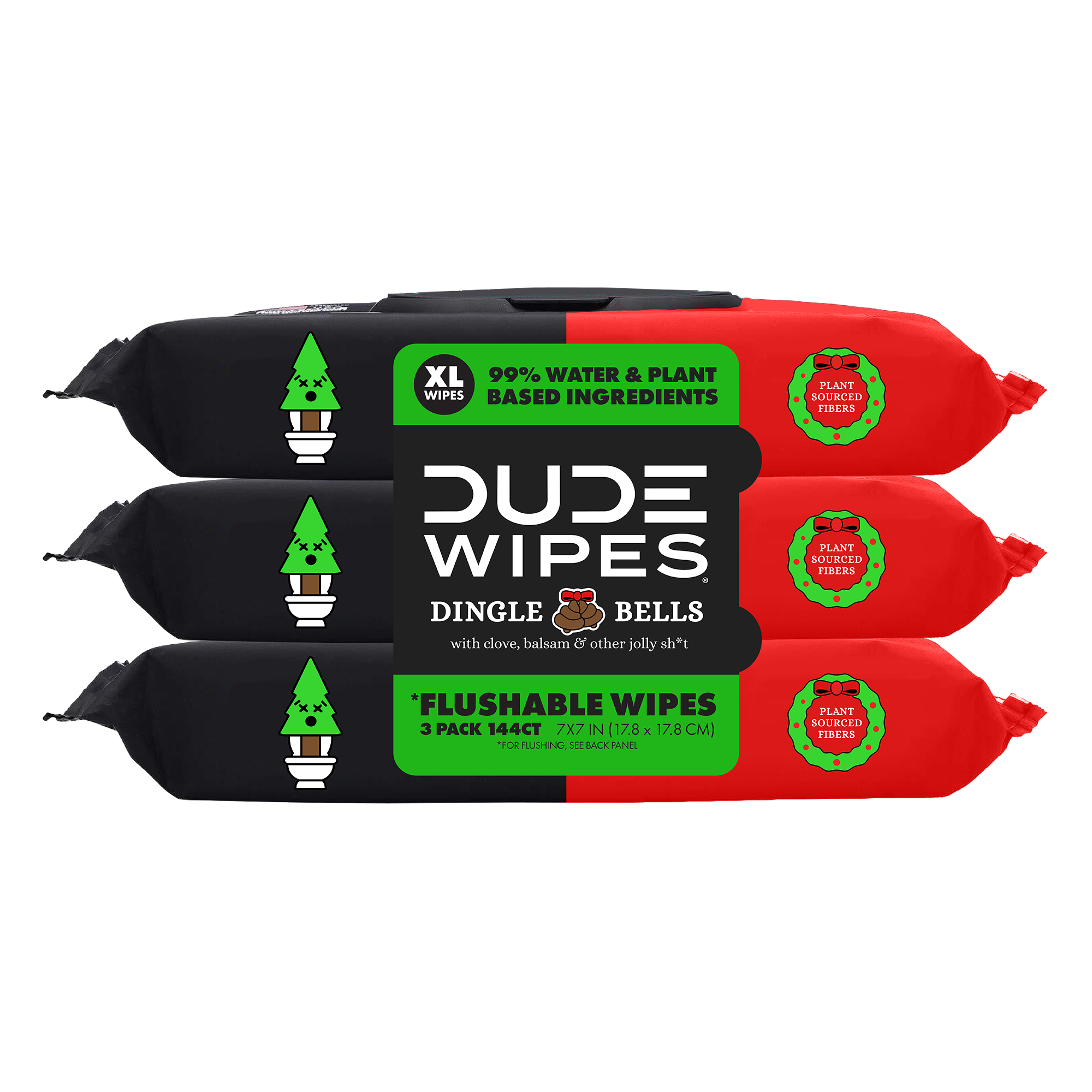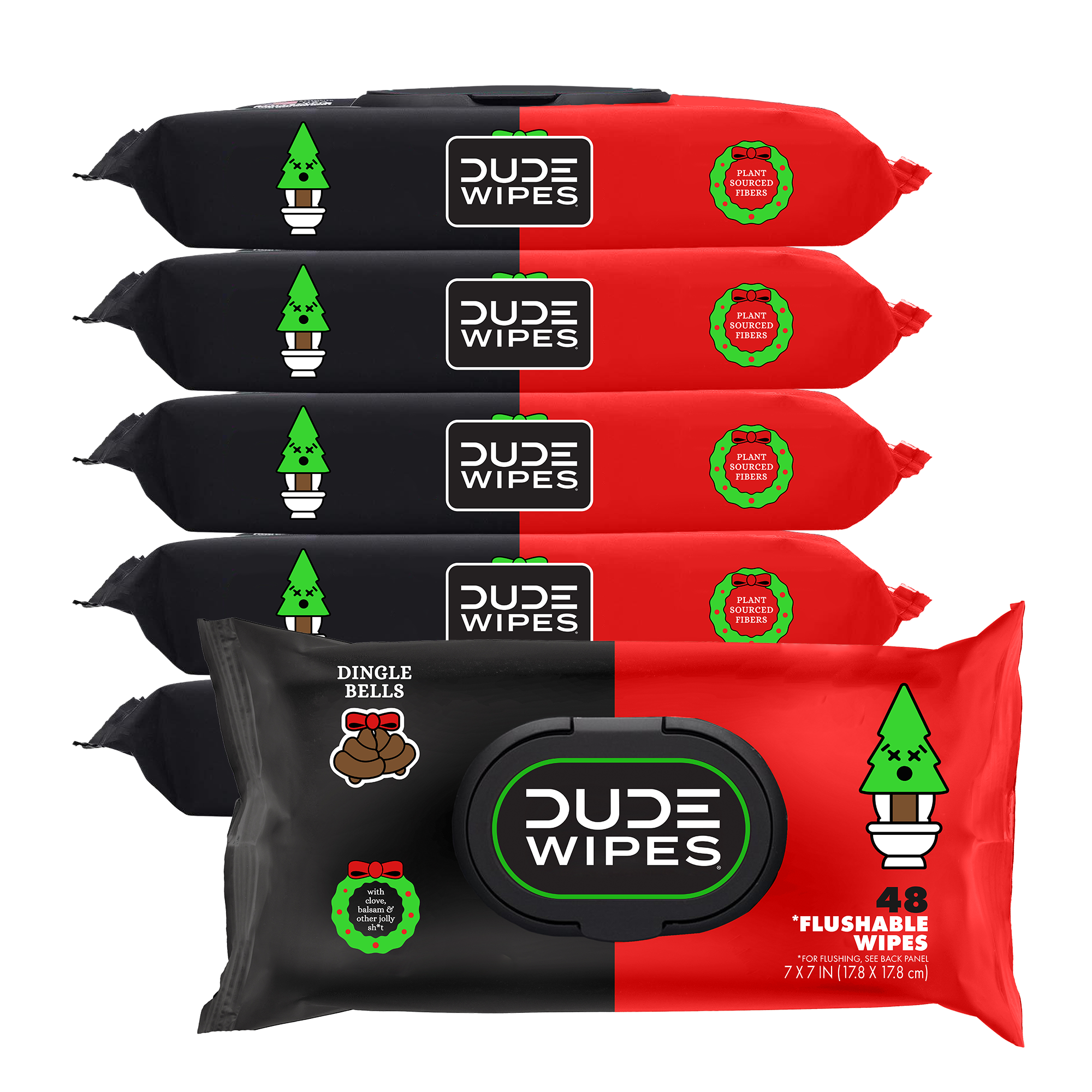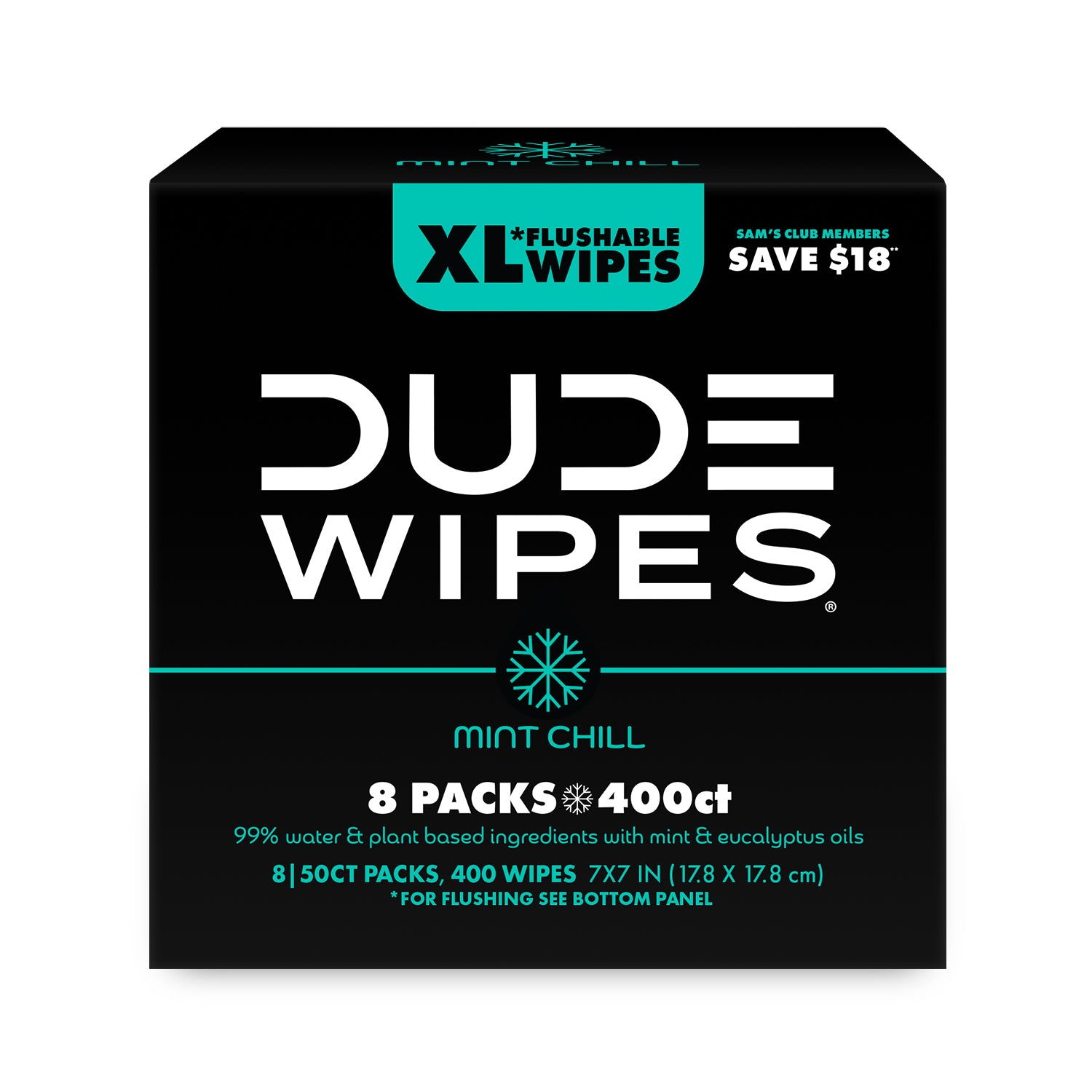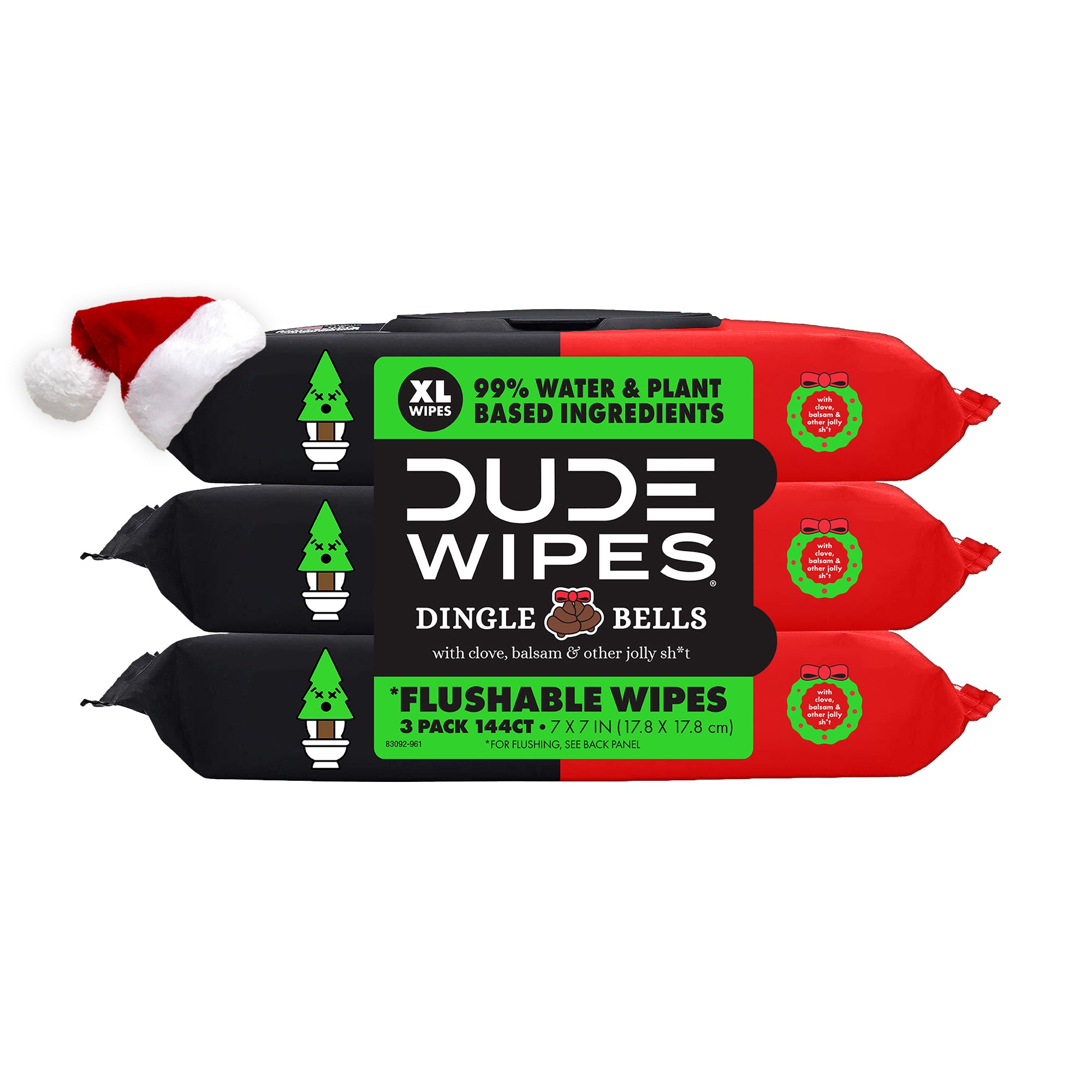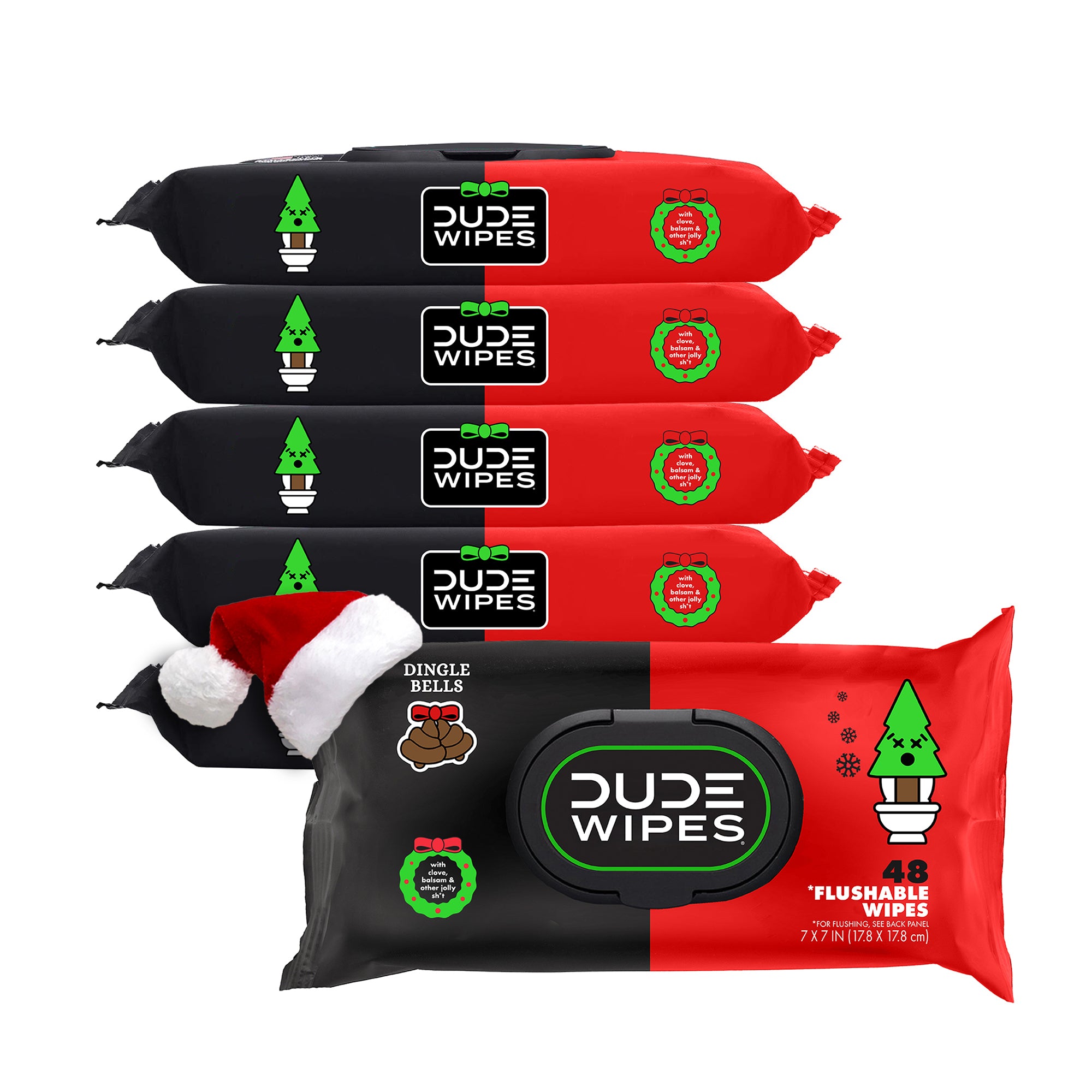Constipation is pretty much the bane of any DUDE’s existence. But there's a certain type of constipation that you can’t relieve, no matter how hard you strain on the throne.
We’re talking about an impacted bowel: a very shitty situation where your poop is so backed up in your bowels that it basically turns into a stinky lump of cement. If you've never experienced bowel impaction, consider yourself one lucky pooper. If you have experienced it, we're sorry for bringing up the painful memories.
In this article, we’ll explain what’s going on in your gut when you have an impacted bowel, why it happens, and how to find sweet relief.
What Is an Impacted Bowel?
An impacted bowel is a condition where your poop turns into a big, dry, hard, lump that’s difficult or sometimes impossible to push out of your colon. It’s usually the result of chronic, untreated constipation.
This gastrointestinal condition is also known as fecal impaction, and although it might sound funny it’s a literal pain in the ass that we wouldn’t wish on our worst enemy (not even the executives at Charmin).
Anybody can fall victim to an impacted bowel, but it’s most common amongst the elderly, children, and people with neuropsychiatric disorders, according to Cleveland Clinic.
When stool remains in the colon for an extended period, it can become impacted, making it hard to pass. The longer the stool stays lodged in your colon, the more severe the impaction becomes. In some cases, the impaction can lead to intestinal obstruction, a condition where the intestine becomes blocked, leading to severe pain and discomfort.
8 Symptoms of an Impacted Bowel
Here are six common symptoms of bowel impaction:
- You can’t poop, no matter how hard you push
- Bloating and cramping
- Severe abdominal pain or lower back pain
- Bladder pressure
- Nausea or vomiting
- You always feel tired
- Changes in your bowel habits
- Hard pebble turds
As you can see, there’s a blurry line between bowel impaction and regular ol’ constipation. But the main difference is that an impacted bowel will cause a lot more pain and might not respond to the usual constipation relief techniques.
So how does one end up with an impacted bowel, you might ask?
What Causes an Impacted Bowel?
The root cause of an impacted bowel is chronic constipation. The more time poop sits in your colon, the harder it gets (literally) and the harder it gets to pass. The bigger question, then, is what causes constipation? Here are some notorious culprits:
- Dehydration
- Low fiber intake
- Ignoring the urge to poop
- Being bedridden or physically inactive for long periods of time
- Taking certain medications, such as opioids
- Chronic stress, which can slow down digestion
- Neurological diseases that damage the intestinal nerves
Basically, anything that slows down the movement of your bowels can increase your risk of fecal impaction. So if you're not pooping regularly, take a good look at your diet and daily routine to see if there are any changes you can make to get things moving again.
What Happens If You Don’t Treat an Impacted Bowel?
It's important to address an impacted bowel ASAP to prevent further complications. The longer the hard stool hides in your colon, the more bacteria it can develop, leading to infections. The impaction can also cause the intestine to swell and become inflamed, leading to ulcers.
Another lovely side effect of impacted stool is rectal bleeding. All that straining and pushing can cause tiny tears in the anus, which can lead to hemorrhoids or rectal bleeding. It's not pretty, folks.
Furthermore, if you're not passing stool regularly, toxins and other harmful substances can build up in your system, leading to headaches, fatigue, and mood swings.
So what can you do if you think you might be impacted?
Treatment Options for an Impacted Bowel
If you think you might be impacted, the first thing you should do is call your doctor. They may want to take X-rays or use a colonoscopy to assess the bowel obstruction. From here, they’ll come up with a treatment plan for your butt blockage, which may include one of these methods:
Manual Disimpaction
This is when a doctor uses a gloved finger to manually remove the impacted poop from your rectum. Sounds like a lovely afternoon, doesn’t it?
Enema
During an enema, fluid gets injected up your butt to break up the impacted feces.
Laxatives
Laxatives are oral solutions that stimulate a bowel movement. They work by drawing water from the rest of your body into your bowel to soften the poo, making it easier to pass. You can get oral laxatives over-the-counter (OTC) or directly from your doctor.
Laxatives can also be taken as suppositories, or little pellets that you stick up your booty.
Surgery
If the impaction is severe, surgery may be necessary to fix bleeding and tears in your bowel (bowel perforation).
How to Prevent Bowel Impaction
To prevent an impacted bowel, it's essential to maintain a healthy diet rich in fiber, increase your fluid intake, and engage in regular physical activity. Here are some simply lifestyle changes you can implement to keep your plumbing running smoothly:
- Don't resist the urge to poop. When nature calls, answer. The longer you hold in your poop, the more difficult it will be to pass when you’re finally ready to let it rip.
- Drink plenty of water. Most dudes should drink about 15 cups every day.
- Eat a high-fiber diet with fruits, leafy greens, and whole grains. These foods will help soften your stools and make them easier to pass.
- Exercise regularly. Even a casual walk can help get your digestive system moving.
- If you're taking medications that might be causing constipation, talk to your doctor about alternatives.
- If you're feeling stressed, try to find ways to relax, such as practicing yoga or meditation.
Above all, listen to your body (specifically your butt). If you're feeling constipated, don't just hope it'll magically go away—take action to get things moving again. Your colon will thank you for it.
Unplug Your Gut
So there you have it—everything you never wanted to know about impacted bowels. It's a crappy situation, but thankfully it's usually preventable and treatable. Remember, if you're experiencing symptoms of impaction, don't shy away from seeking help. Your butt deserves the best.
And remember, you can always count on us to be there for cleanup duty when that brown snake finally escapes.

